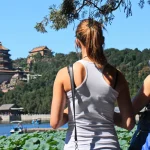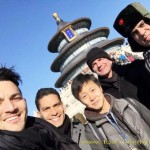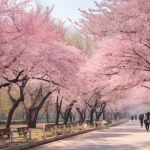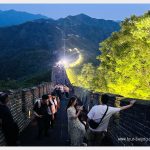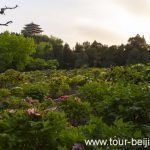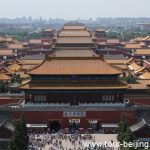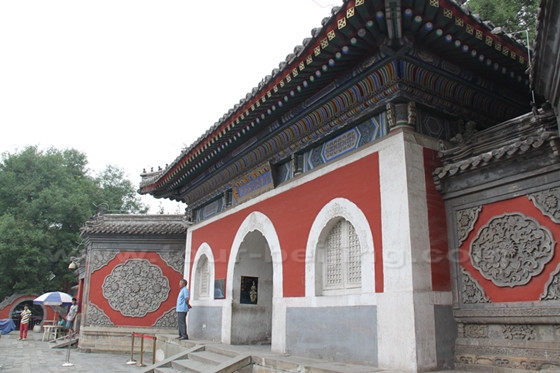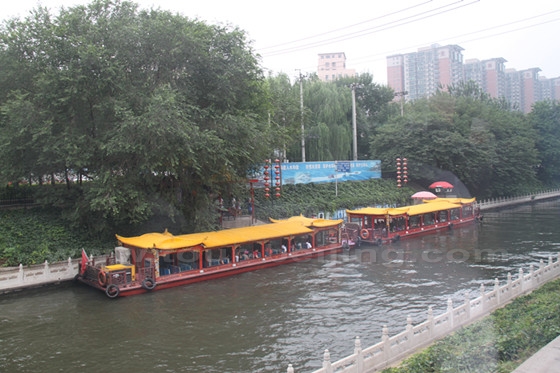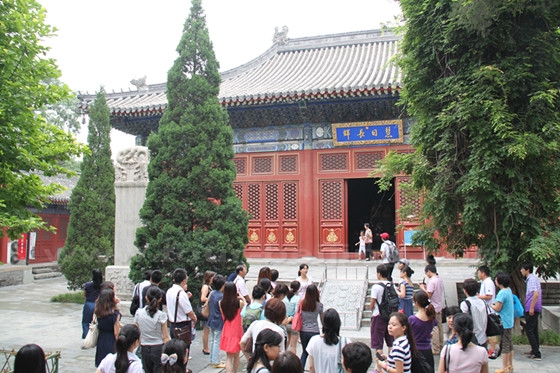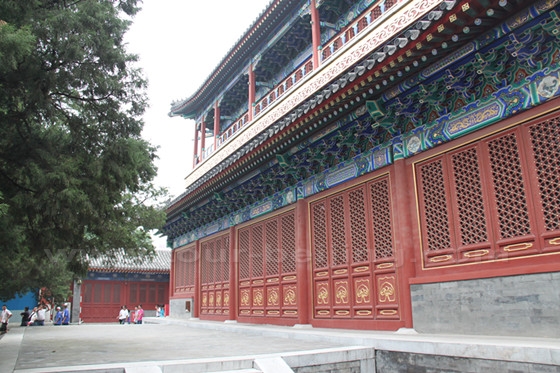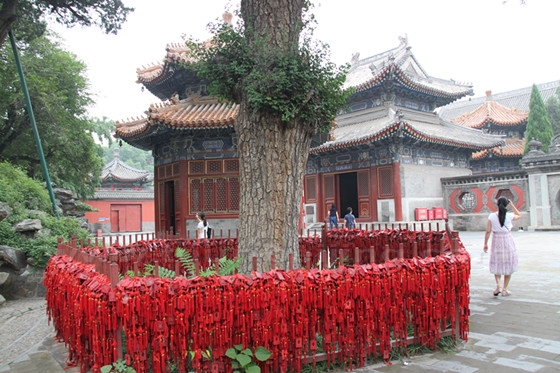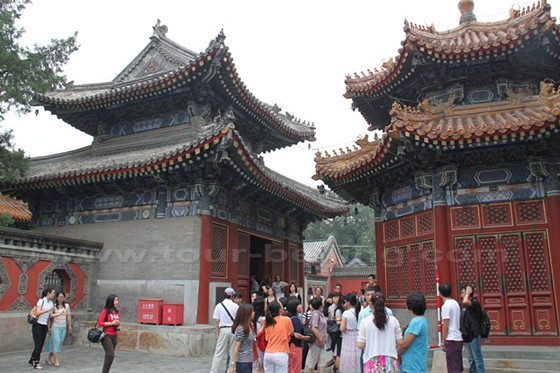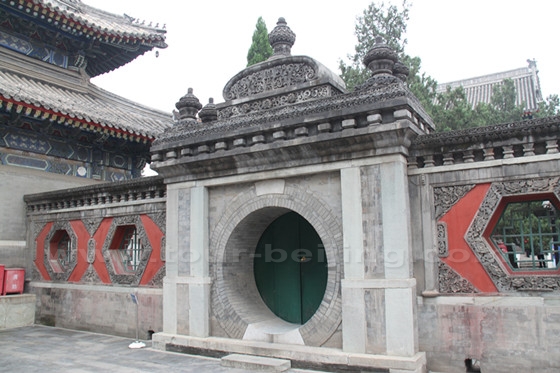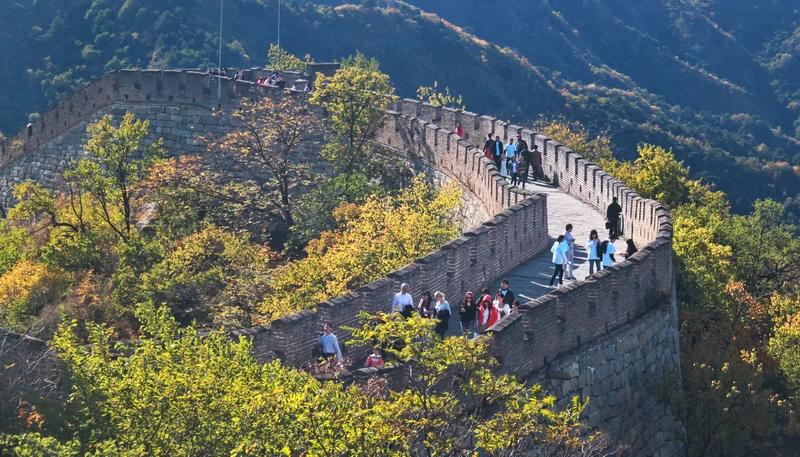Wanshou Temple (万寿寺) in Chinese means “Longevity Temple” or “Wanshousi”. Wanshou Temple is one of the most important remaining imperial temples in Beijing. It was first constructed between 881 and 884 in Tang Dynasty ( 618 -907). Its name was changed for the present Wanshou Temple in 1577 during the reign of Wanli Emperor ((1563 – 1620) in Ming Dynasty.
ABCs of Wanshou Temple
Wanshou Temple was also favoured by Kangxi Emperor(1654-1722), Qianlong Emperor (1711 –1799) and Guangxu Emperor (1871 – 1908) in Qing Dynasty. Wanshou Temple went through several repairs and revamps through Qing Dynasty. Empress Dowager Cixi (1835-1908) often used the temple as a stopover between Summer Palace and Forbidden City.
Now Wanshou Temple houses Beijing Art Museum, (北京艺术博物馆). The museum has a permanent collection of over 1 70,000 things – porcelains, earthenwares, enamels, carved lacquer ware, ivory carving, wood carving and etc.
Plan your Beijing tour? After you have visited some must-see attractions in Beijing like Forbidden City, Summer Palace, Temple of Heaven and the Great Wall, you may consider choosing Wanshou Temple, which will offer you some glimpses into Beijing’ religion, arts and architecture in Ming and Qing dynasties.
On May 25, 2006, Wanshou Temple was listed as China’s key protection cultural relics in the name of China’s ancient architecture.
How to get there?
Wanshou Temple is closed on Monday. Wanshou Temple is located in the northwest of Beijing, not far from Summer Place. Its official address is North Road, Xishanhuan, Haidian District, Beijing. You may take bus 300, 323 or 374 and get off at Wanshou Temple Stop.
Tel: 6841 3380
Entrance fee: CNY20
Virtual Tour of Wanshou Temple
This is the Temple Gate. Above the gate is a picture depicting one hundred bats flying between the blue sky and the cloud, which implies that people coming here will have good luck.
Outside the Temple Gate of Wanshou Temple is the famous river in Beijing – Changhe (Long River). The 9km Changhe River, also known as Royal River or Gaoliang River in Ming Dynasty, is the only river with some connection with the imperial family in Qing Dynasty. Beijing boat tour on Change River is an interesting outside activity in Beijing.
Entering the Temple Gate, you will see the Hall of Deva Kings. It used to be the statues of the four heavenly kings on both sides of the hall.
After the Hall of the Deva Kings, is the main hall, the Mahavira Hall (Baxiong BaoDian), worshipping the founder of Buddhism.
North of the Main Hall is the Wanshou Tower. The Wanshou Tower is the place for preaching that monastery.
After the preaching hall is a pile of rockeries, a symbol of the three religious mountains. Red wooden sticks indicates good luck, which are bound around trees inside Wanshou Temple.
This yard gate was built in 1761 in Qing Dynasty. It is a half Chinese and half western. Its arched top is the French structure style.
Tip: Hassle-free Beijing Guided Tours
If you don’t want to go the do-it-yourself route and prefer the hassle-free escorted tours, here are some options for Beijing guided tours:
Beijing Day Tour
Beijing Tour Packages
Great Wall Tour
Beijing City Tour
Beijing Winter Tour
Beijing Autumn Tour
Car Rental in Beijing
Beijing Tours
China City Tours
China Tour
Further Readings
Best Time to Visit Beijing
How to plan a trip to Beijing
Top 10 Attractions in Beijing
How to Visit Forbidden City
How to Visit Temple of Heaven
How to Visit Summer Palace
How to Visit Ming Tombs
How to Visit the Great Wall of China
How to Visit Tiananmen Square
How to Visit Hutongs
How to Visit Olympic Sites
Top 10 Markets in Beijing
Top 10 Shopping Malls in Beijing
Beijing Shopping
Wangfujing Walking Street
Qianmen Commercial Street
Gui Jie ( Ghost Street) Food Street
Any questions, just drop a line.
